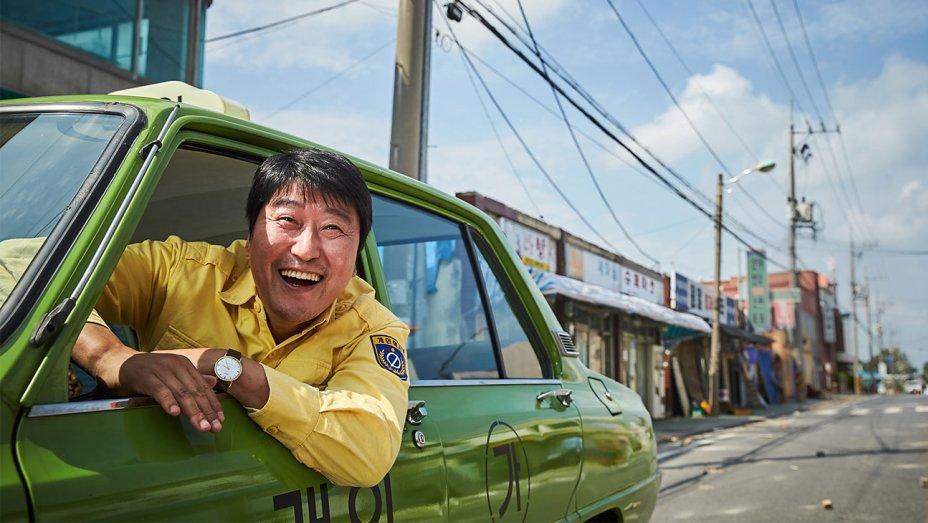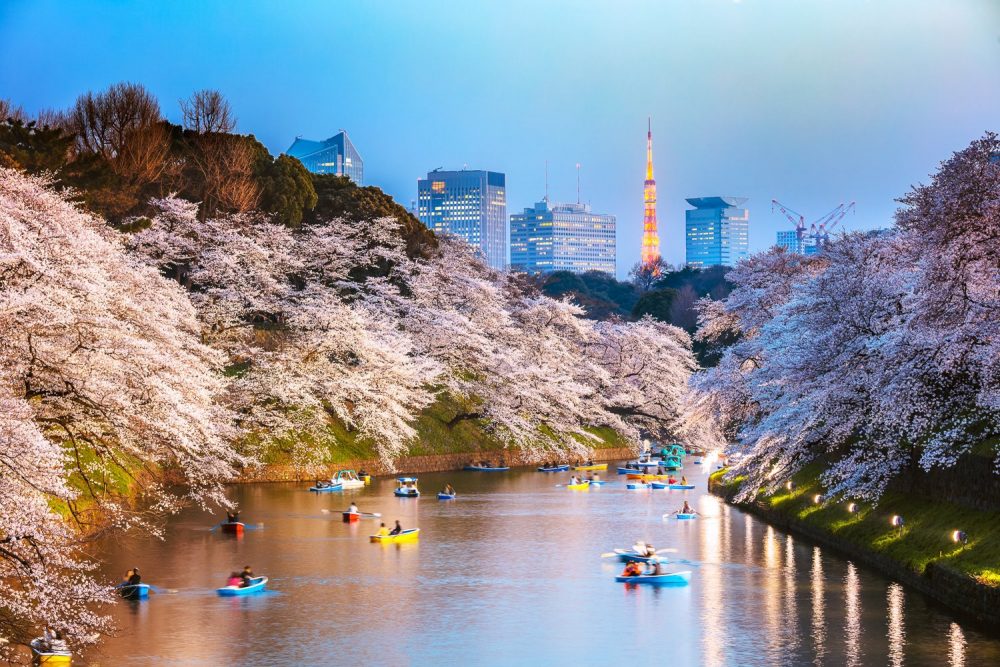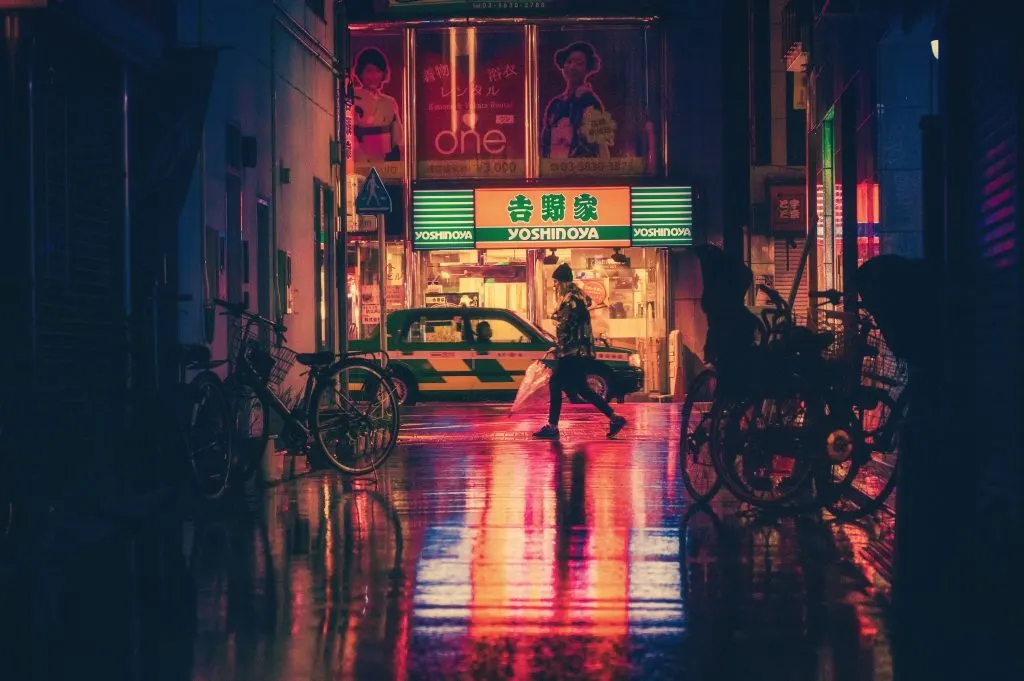What can the Dark Souls video game franchise really teach us about our purpose in life? How can it help those of us struggling with depression, when it presents to us a world so dark and cold? Well, combining Dark Souls with the concept of finding your ikigai may just help dissipate the fog of depression, fear, and anxiety that often seems to encircle us.
Finding Your Ikigai – Purpose in an Indifferent World
“Oh, you… You’re no Hollow, eh? Thank goodness…”
This is the first line uttered to the player character at the beginning of Dark Souls. The line is delivered by Oscar of Astora as he lies dying in front of you. But before he perishes, he gives the player an item capable of restoring their health, thus aiding their chances of survival in this cold and deadly world, and he also gives them a mission:
“In thine exodus from the Undead Asylum, maketh pilgrimage to the land of Ancient Lords… When thou ringeth the Bell of Awakening, the fate of the Undead thou shalt know.”
Oscar then shows his gratitude with these words: Thank you for hearing me out… Now I can die with hope in my heart.”
Dark Souls, as its name suggests, is dark. Its world, heavily inspired by the fantasy novels of the West (as well as Kentaro Miura’s manga, Berserk) lies in ruin, with half-mad characters spinning frightening riddles which sometimes guide the character, but other times are edged with betrayal and lies.
The enemies encountered are monstrous nightmare fuel, and everything seems to be out to kill you. This is reinforced by the game’s difficulty, which is well-renowned by fans and critics as ‘harsh, but fair’.
The quests the player must undertake and the bosses they must defeat are daunting and may often lead the player to put down the controller and walk away, defeated. Everything about this game is drenched in shadow, fear, and despair.
But it does, in fact, have an awful lot to say about depression, anxiety, existentialism, and our continuing persistence against life’s unwavering indifference. Dark Souls shows us this through the Japanese philosophy of ikigai.
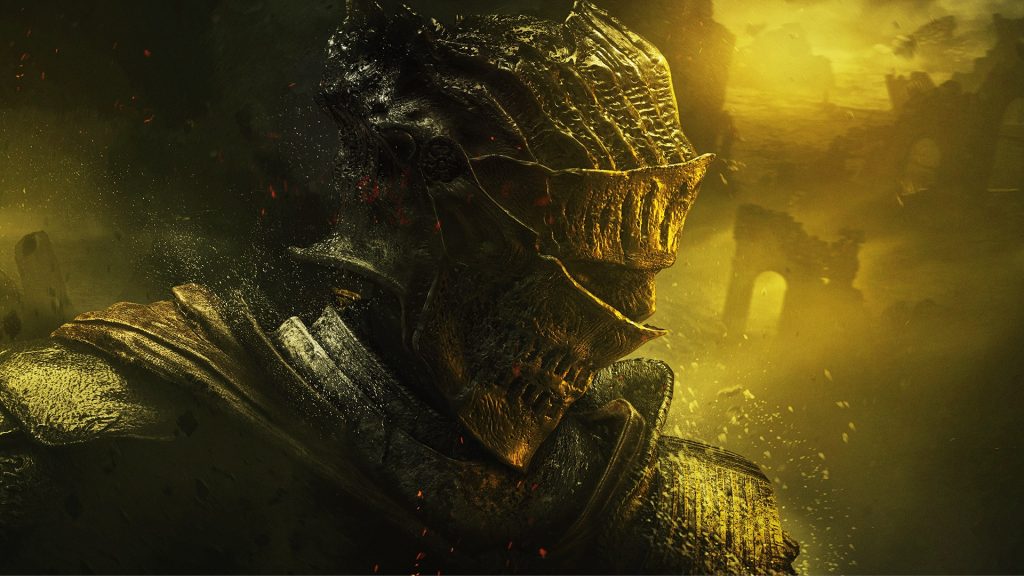
Any fan of Rick and Morty or Bojack Horseman may note the growing popularity of existentialism in popular media. Characters like Rick of Rick and Morty and Bojack Horseman have made the meaninglessness of life, and our place as individuals in it, an almost romantic notion for many fans, especially those who can relate to these themes due to their own atheism, anxiety, feelings of powerlessness, loss of control, or fear of the future.
Existentialism itself, popularised by such 19th Century philosophers as Soren Kierkegaard and Friedrich Nietzsche, is defined as a sense of disorientation, confusion, or dread in the face of an apparently meaningless or absurd world. And we need look no further to find such an absurd world as that which we find ourselves daunted and frightened by in Dark Souls.
In much of popular fantasy fiction, from Star Wars to Lord of the Rings, we see the common, warn-out trope of an underdog hero rising up and fighting against adversity, gaining strength as his enemies amass a powerful army to squash him. This simple approach to storytelling leads the reader/viewer to feel empowered through the protagonist – a sort of surrogate power fantasy.
This works doubly well in video games, where we have direct control over the actions of the character, feeling the weight of their power and choosing to make use of their strength when we see fit.
The enemies in these stories are clearly defined and starkly opposed to the hero. The vital antagonist of the story hates the hero and wishes to see him or her halted and killed at every turn. The villain’s motivations are made clear, and as we, the audience, warm to the hero, we simultaneously learn to despise the villain; they are the target, the embodiment of evil, the big bad boss that must be thwarted in order to save the world.
But in Dark Souls, no such archetypal villain is to be seen, not in the traditional sense. Instead, much more true to ordinary life, it is the world itself which is out to get us. In life, there is no great evil that wishes to impede our progress and stamp us out; there only exist the ordinary pitfalls that litter our paths, dug out by time and luck.
Likewise, the burned and broken world of Dark Souls is littered with undead creatures and distorted monsters which simply are. They do not belong to a villain’s grand army; they are not part of his master plans; they do not follow his rules or his philosophy.
They simply exist, dangerous as they are. Sometimes they seem to have an agenda of their own, and other times they don’t. And as we progress through this world, we must survive each encounter with them, and press on to the next one, else grow tired and die.
This is where finding your ikigai comes in. Recently popularised by the book of the same name (Ikigai: The Japanese Secret to a Long and Happy Life) by Hector Garcia and Francesc Miralles, Ikigai is, to put it simply, the art of finding one’s purpose in life.
In writing the book, the authors spent time in Japan examining the distinct diets, lifestyle choices, daily habits, and work ethics which grant so many people such a long, fulfilled, and fruitful life. And it was whilst reading this book and simultaneously replaying Dark Souls that I clocked a connection between the two.
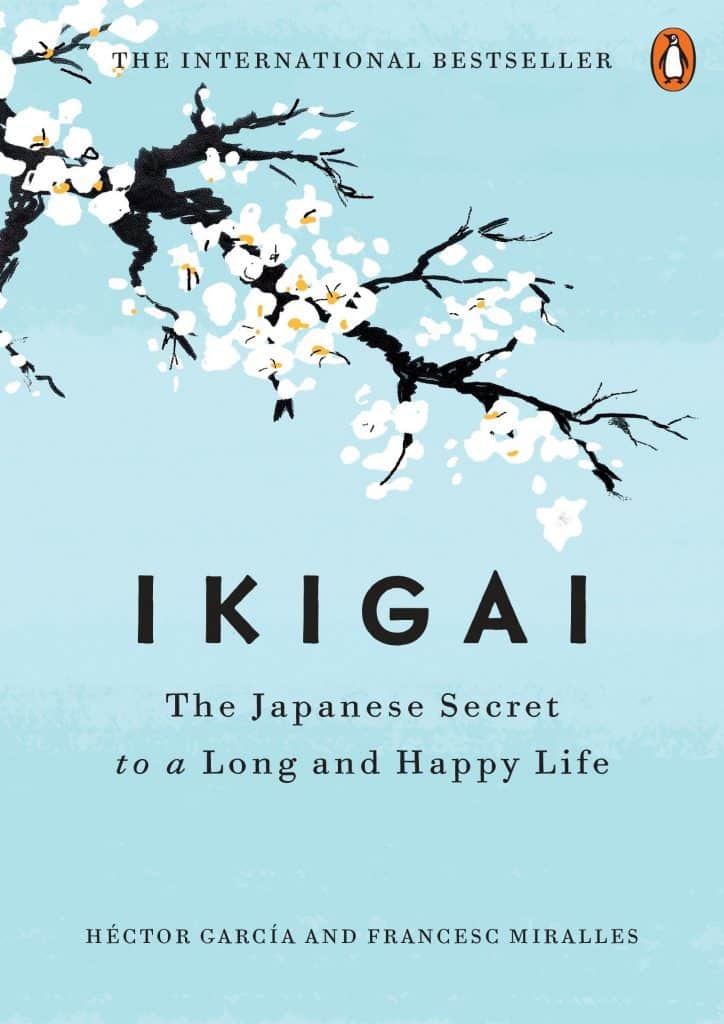
The connection between the indifferent world of Dark Souls and that of our own lives is more than evident, and it is this indifference which life holds towards us which leads to that feeling, the ‘existential attitude’.
But in the mire of Dark Souls’ world is a well-defined and reinforced focus on the success of the player in achieving their goal. (Just look back at Oscar of Astora’s opening dialogue to see proof of this). The game wants the player to succeed; it gives us objectives, provides us with NPCs that support and guide us; it even grants us the power to literally bring light to the darkness, illuminating our path as we go.
In this sense, the game may seem to in fact have much in common with those bland tropes of popular fantasy, but that is in fact far from the case. Put simply, this is because, while the hero may have a clear goal, a purpose, an ikigai, they are not fighting against a great, tangible evil, but rather simply wading through the indifferent, poisonous world around them. That key difference brings the theme of Dark Souls far closer to an allegory for real life than any fantasy tale that has preceded it.
One of the key mechanics of Dark Souls is Hollowing: each time the player character dies, he or she progressively becomes more and more Hollow. The choice of words here is incredibly important, cementing the game’s clear intention of providing us with an allegory for depression, or, at the very least, the failure of finding your ikigai. Without a purpose in life, whatever that may be, we run the risk of feeling hollow, empty, lifeless.
There is an urgency provided by the game to keep the character from becoming Hollow; this can be seen in NPC conversations and through the mechanics of the game itself, where the act of Hollowing actually has a negative impact on the player’s ability to survive, primarily by removing their ability to summon help.
One key element of promoting a long and healthy life, as explained in Ikigai (the book), is forming strong social bonds with others. In Dark Souls, by Hollowing, the player loses the ability to invite and lean on friends for support. Hollowing in Dark Souls makes it harder to progress through the game, and alienates oneself from those who may have been otherwise willing to help.
Dark Souls teaches us that finding your ikigai grants you a way to see through the fog of indifference which the world shrouds you in; it’s a torch which we can use to fight back that suffocating existential attitude which leads so many of us into a terrifying pit of anxiety and depression.
To quote the knight Solaire, lover of jolly co-operation, “We are amidst strange beings, in a strange land. […] I’m glad to see you alive…”
If you’ve ever found yourself struggling with your mental health, there are books that may help. Check some of them out here.
If you want more of our video game content, check out this comparison between Yakuza’s Kamurocho and the real life Kabukicho.

